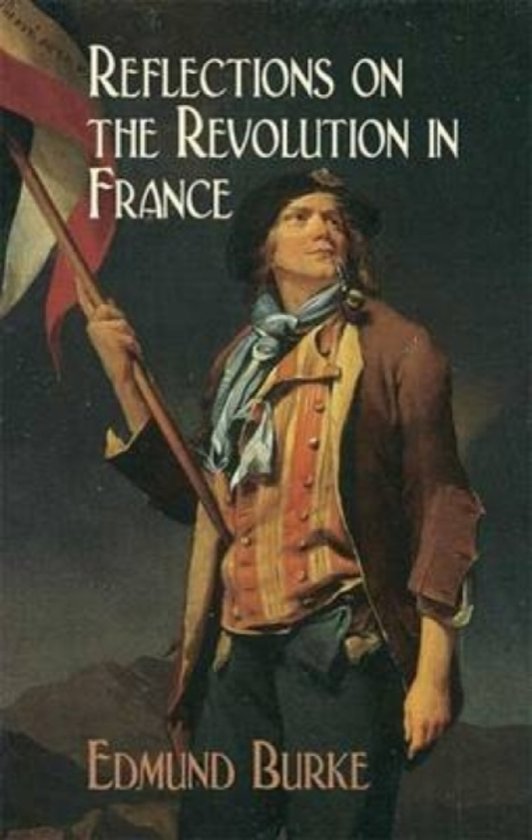


However, he has always been most remembered for his anti-revolutionary writings, including Reflections on the Revolution in France (1790) and Letters on a Regicide Peace (1795-7). He also supported the lifting of restrictions on Catholics in Ireland. Burke wrote polemical materials and speeches for the Rockingham Whigs, often criticizing policies in the American colonies and in British India. He remained in the House until retirement in 1794. The most consequential of these was his role as secretary to Whig leader Lord Rockingham, beginning in 1765, the same year when Burke himself was elected to the House of Commons. He initially had literary ambitions, serving as editor of the literary review Annual Register from 1758 to about 1765, but thereafter began taking positions in government service. He studied in both Catholic and Protestant institutions in Ireland, then studied law in London. While Burke's arguments are deliberately not reasoned in the 'rational' style of those who supported the revolution, they show persuasive reasoning at its very best.Edmund Burke was born to a Catholic mother and a Protestant father.

Any change made to improve them, therefore, should be slow, not revolutionary. Old state institutions, he reasoned, might not be perfect, but they work well enough to keep things ticking along. Sceptical about the utopian urge to utterly reconstruct society in line with rational principles, Burke argued strongly for conservative progress: a continual slow refinement of government and political theory, which could move forward without completely overturning the old structures of state and society. For Burke, that flaw was the sheer threat that revolution poses to life, property and society. Though Burke is in many ways not interested in rational close analysis of the arguments in favour of the revolution, he points out a crucial flaw in revolutionary thought, upon which he builds his argument. Often cited as the foundational work of modern conservative political thought, Burke's Reflections is a sustained argument against the French Revolution. Edmund Burke's 1791 Reflections on the Revolution in France is a strong example of how the thinking skills of analysis and reasoning can support even the most rhetorical of arguments.


 0 kommentar(er)
0 kommentar(er)
